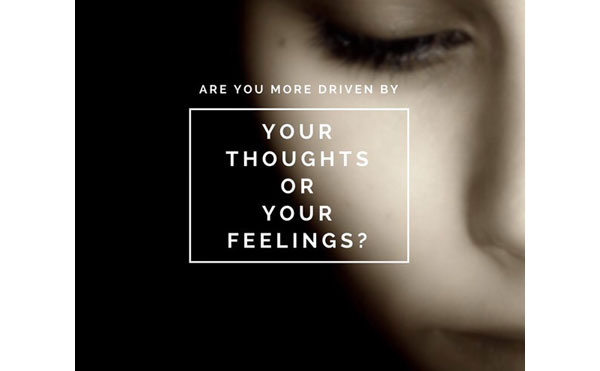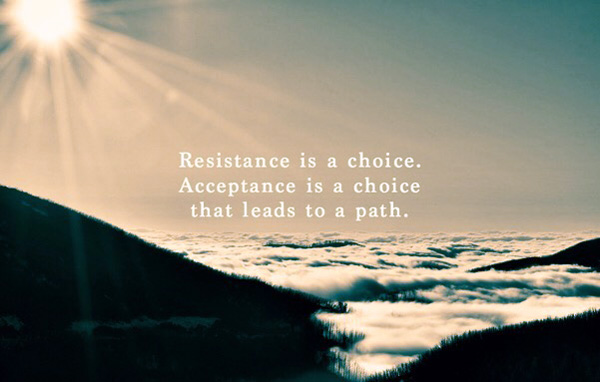Updated August 7, 2020
During this time it’s easy to harbor negative feelings almost continuously, but it only makes things worse for ourselves and our loved ones. Negative feelings not only bring us down, medical evidence shows they also weaken our immune system, making us more prone to disease, and they distract our cognitive concentration, thereby reducing our effectiveness. This is also a time in which consistently making clearheaded decisions is more important than ever before, to protect those we love including ourselves.
Bad feelings can also serve a positive function — as an alarm system to quickly get us to pay attention to a problem. Ironically, if bad feelings continue unabated while we are grappling with a problem on a rational level, it will take longer to solve the problem because we are stuck in a cycle of negativity. Most of us have experienced this cycle.

Are we generally more driven by our feelings than by our thoughts?
Freud established that thoughts are more likely to be rationalized in support of feelings, rather than our being able to use our thoughts to control our feelings. And yet, how valuable it is to be able to do just that — to have the mental self-discipline to focus our thoughts effectively even when our feelings are in an uproar?
Feelings are urges that arise within us, within our minds and within our bodies. Feelings are experiences, states of consciousness resulting from our motivations, sentiments, preferences or desires. These terms all really mean the same thing: what we value, what we want, what we are trying to get, what we want to avoid.
Feelings are how we respond internally to outer and inner events, based on what we are trying to get and avoid, and how current events can help or threaten our desired outcomes.
We feel positive if current events appear to favor our targeted outcomes, and we feel negative if events seem to be heading away from what we want to have happen.
Positive feelings are valued universally. There’s no argument: we all like them, and would like to have more of them!
Generally speaking, feelings are also a manifestation of our motivations colliding with the external world. What would we feel if we had no motivations?
You can discover this by meditating. While there are many meditation techniques, all of them have a mind/gut mirror effect of showing us what our motivations really are, where they have gotten us, and why we have each of our experiences. Through practicing meditation we can achieve this objectivity, turning off certain motivations at least for the moment and seeing what that feels like. What visions of future possibilities arise now that X motivation is gone?
The perspective we gain through meditation can give us a unique vantage point on our feelings and our motivations. Meditation helps us consider deeply our own feelings and their consequences in the world. It also generates positive feelings, so it’s good for our overall health and well-being. Practicing meditation and becoming aware of the role our feelings and motivations play in our lives allows us to better understand the value of both in our decision making process.
My best to all,
Bill
Follow my regular media blog contribution, “In Terms of ROI“ at MediaVillage.com under MediaBizBloggers . Click here for my latest post.




